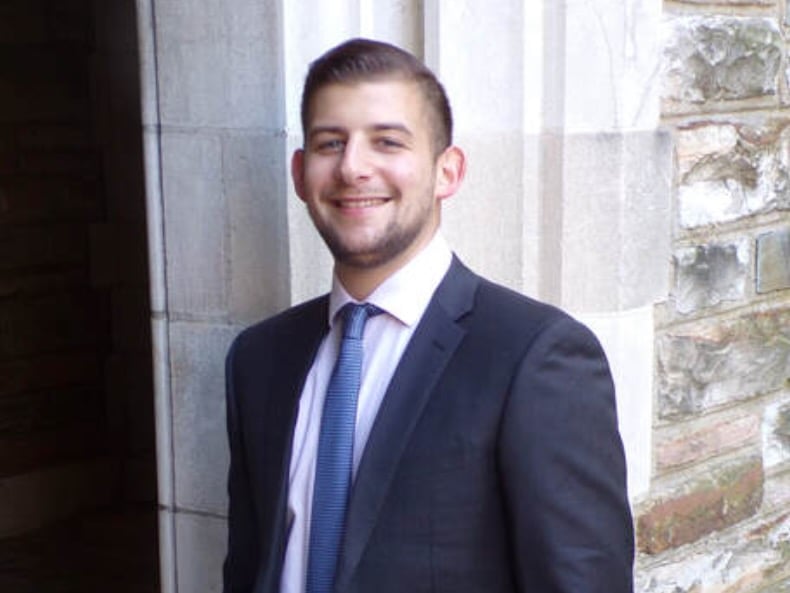Recipients of PSC Small Grant Awards
The Life-Cycle Impacts of Cash Transfers to Poor Children
Matthew Pesner

Growing up in New Jersey, I could not help but notice that towns and neighborhoods were heavily stratified along racial and socioeconomic lines. I always pondered why economic opportunity correlates so strongly with race and place. What are the causes and consequences of this? I credit these experiences as one of the primary reasons I was drawn to economics, attended graduate school, and devote a significant portion of my research to studying means-tested transfer programs through the lens of economic history. Specifically, my research attempts to understand the effects of transfer programs that provide income support to the elderly and to the poor in the United States, focusing on various periods of historical experimentation with U.S. social insurance policies. To date, the two main strands of my agenda have been on the consequences of these programs for individuals’ economic and demographic outcomes and on how the financial incentives of local, state, and federal governments have shaped the scope and generosity of social insurance programs. These papers inform our understanding of the long-run development of social insurance in the United States – important in its own right for understanding how we arrived at the current distribution of socioeconomic status in U.S. society – and also help inform our consideration of the likely intended and unintended effects of proposed changes to current policies that trace their origins to the New Deal.
The funds received will support a new project I have begun using administrative data from the Census Bureau to study the long-run effects of childhood public assistance receipt in 1940 on outcomes such as education, earnings, disability, social insurance participation, and longevity over the entire life cycle (up through the present day). These funds will serve two primary purposes: to digitize data on historical welfare participation and to hire an undergraduate RA to conduct various analyses and literature reviews. Apart from directly facilitating research progress, these funds will also aid in my professional development by providing me experience overseeing an RA for the first time and by showing potential employers a proclivity for obtaining funding. Thanks again for the assistance, it will prove invaluable for my continued progress as a junior scholar!
